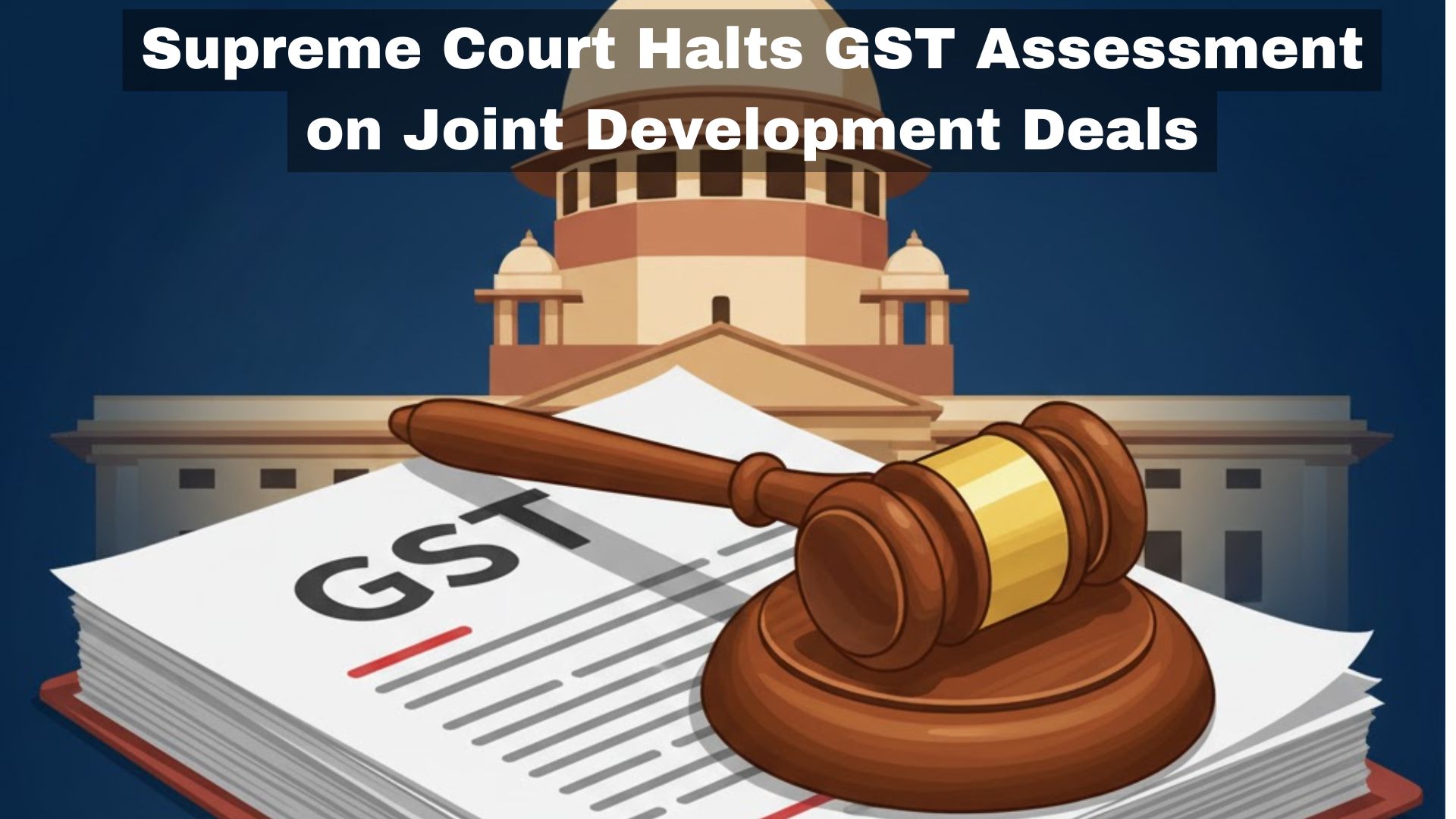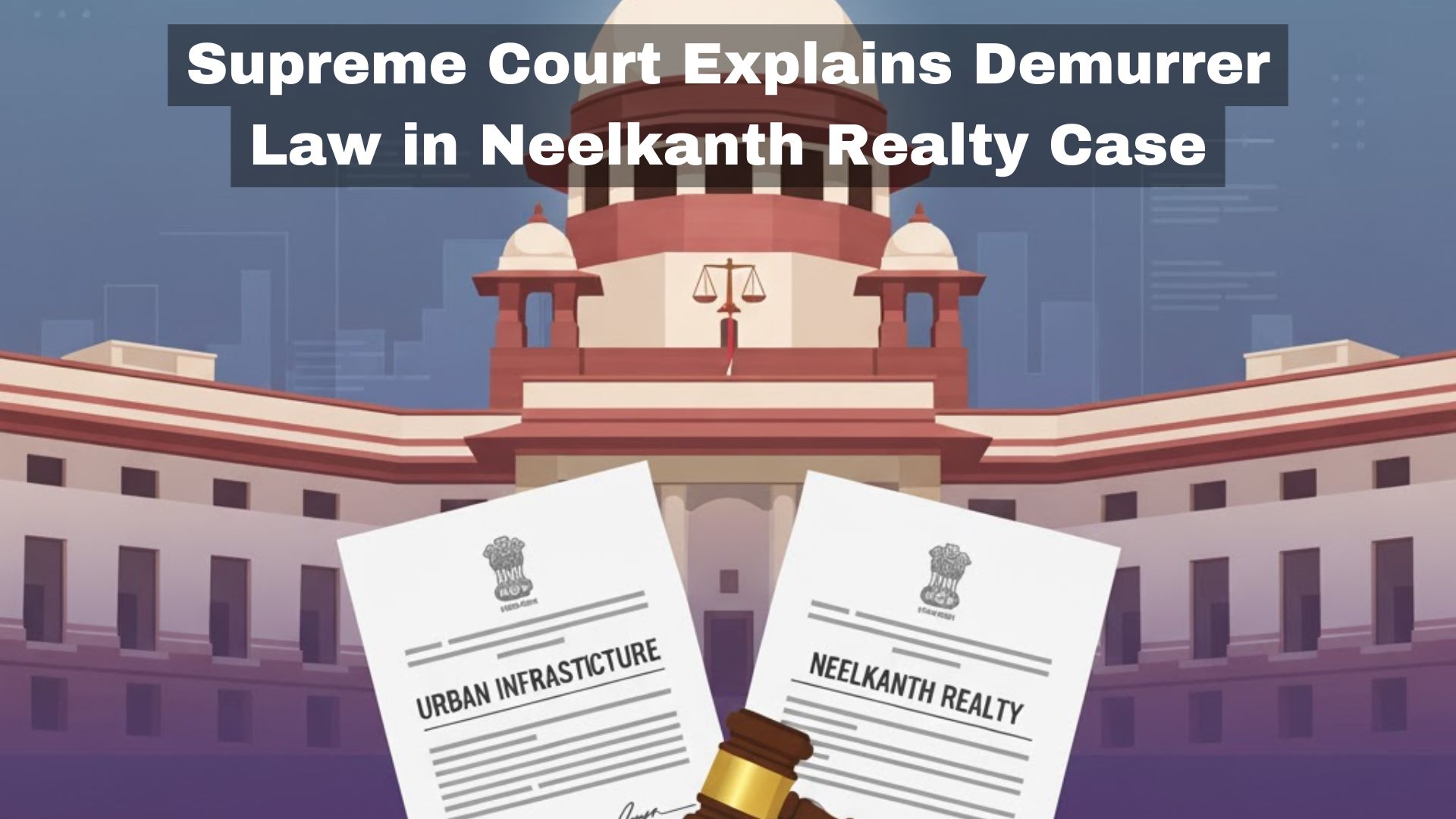K.P. Balanarayana Marar, J.@mdashPetitioner is the husband of the first respondent. Claiming maintenance the first respondent moved Judicial
First Class Magistrate, Ranni u/s 125 of the Code. Alongwith that petition she filed C.M.P. 6300/94 u/s 93 Cr.P.C. for the issue of a search
warrant to recover the movables allegedly owned by her and illegally detained by petitioner and his brother. The Magistrate issued a search
warrant and all the household articles were taken by the police. Petitions were filed for return of the articles by petitioner and the first respondent.
The Magistrate by a common order passed on those applications and C.M.P. 6300/94 directed the articles to be given in interim custody to the
first respondent on certain conditions. That common order, a copy of which is Annexure-B is challenged in this petition u/s 482 of Cr.P.C.
2. Heard Counsel on both sides.
3. The first respondent had moved the Magistrate u/s 125 of the Cr.P.C. claiming maintenance. The function of the Magistrate is only to ascertain
the liability of the husband and then to fix the quantum of maintenance. The grievance of petitioner is that the Magistrate has resorted to an unusual
procedure of issuing a search warrant to seize all the movables in the house of petitioner on the allegation of the first respondent that they belong to
her and are illegally detained by petitioner in his house. I fail to understand as to how the order issuing the search warrant can be sustained.
Learned Counsel for the first respondent attempted to sustain the order by pointing out that the Magistrate is competent u/s 93 to issue a search
warrant since the production of the movables was necessary for the purpose of inquiry. According to him the Magistrate had taken cognizance of
an offence on the basis of the petition filed u/s 93 alleging illegal detention of the movables. Relying on Section 190 of the Code Counsel attempted
to establish that the magistrate has power to take cognizance of the offence on the petition filed by first respondent. Cognizance of an offence can
be taken by the magistrate even upon information received from any person other than a Police Officer or upon his own knowledge that such
offence has been committed. Counsel would have it that in the present case the Magistrate has acted on the information furnished by the first
respondent regarding illegal detention of movables by her husband.
4. The argument appears to be attractive, but does not stand to reason since the Magistrate is not competent to take cognizance of an offence on
the basis of a criminal miscellaneous petition filed in a miscellaneous case u/s 125 of the Code. I fail to understand as to how the Magistrate can
take cognizance of the offence of illegal custody of movables by petitioner. First of all he has not taken cognizance of any offence and what the
offence is has, also not been mentioned. The ownership of the movables may be in dispute, but it is not for the Magistrate to adjudicate on that
dispute. The movables had not been shown to be involved in the commission of any offence nor were the movables required for investigation,
inquiry or trial by the Magistrate so as to invoke the power conferred u/s 93 of the Code. The Magistrate has, therefore, acted illegally in directing
the movables to be seized and in causing them to be produced before Court. When the seizure itself is illegal all the subsequent acts done by the
Magistrate fall to the ground. The result is that the movables seized by the police are to be returned to the person from whom custody of those
movables was taken.
5. Counsel for first respondent has a contention that the Magistrate has given only interim custody to the first respondent for which he has
jurisdiction u/s 451 of the Code. Regarding the competency of the Magistrate to pass an order regarding the custody of the property there cannot
be any dispute. But the movables had not been produced during any inquiry or trial. The production itself being illegal the Magistrate was not
competent to act u/s 451 of the Code for granting interim custody. The invoking of Section 451 is therefore improper and this plea of the first
respondent is also bound to fail.
6. For the aforesaid reasons the petition is allowed and the common order passed by Judicial First Class Magistrate, Ranni on 21.10.1994 in
C.M.Ps. 6300/94, 6552/94 and 6555/94 is set aside and it is directed that the movables taken into custody by the police shall be handed over to
the person from whom the custody of the movables was taken. The Magistrate shall take expeditious steps to see the movables are returned at the
earliest and no delay is caused in this matter.

